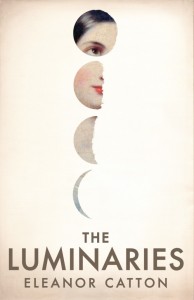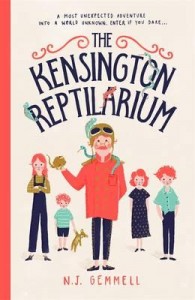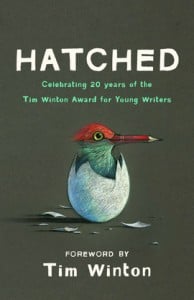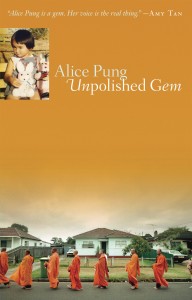 After much anticipation, the Man Booker Prize for 2013 has been announced. Awarded to New Zealand author, Eleanor Catton, for her second novel The Luminaries, it is only the second time for a New Zealand author to be so honoured. These novels might hold appeal for older students, teachers and parents – and past winners and nominees.
After much anticipation, the Man Booker Prize for 2013 has been announced. Awarded to New Zealand author, Eleanor Catton, for her second novel The Luminaries, it is only the second time for a New Zealand author to be so honoured. These novels might hold appeal for older students, teachers and parents – and past winners and nominees.
Other short-listed nominees included:
- A Tale for the Time Being – Ruth Ozeki (Canadian)
- Harvest – Jim Crace (English)
- The Lowland – Jhumpa Lahiri (Indian American)
- The Testament of Mary – Colm Toibin (Irish)
- We Need New Names – Noviolet Bulawayo (Zimbabwean)
About The Luminaries: set in 1866 during the New Zealand gold rush, contains a group of 12 men gathered for a meeting in a hotel and a traveller who stumbles into their midst; the story involves a missing rich man, a dead hermit, a huge sum in gold, and a beaten-up whore. There are sex and seances, opium and lawsuits in the mystery too. The multiple voices take turns to tell their own stories and gradually what happened in the small town of Hokitika on New Zealand’s South Island is revealed. – Source: http://www.themanbookerprize.com/news/and-winner#sthash.jKC62VHj.dpuf
As noted above, the shortlist included an array of writers with differing heritages, in an award which began as an annual celebration of the best novel written in English by a citizen of the British Commonwealth.
The tales which featured in this list also vary in time and place, including Catton’s setting in 1866 New Zealand, and Crace’s rural setting. Ozeki created a tale about a Japanese American in a post tsunami discovery, while Bulawayo takes her character from Zimbabwe to Detroit, and Toibin’s tale recounts the Gospel story from the point of view of Mary, mother of Jesus.
At 832 pages, the Luminaries is a large volume, (the longest winner, in fact) but one of the judges stated that:
“Length never poses a problem if it’s a great novel. The Luminaries is a novel you pan, as if for gold, and the returns are huge.” – See more at: http://www.themanbookerprize.com/news/and-winner#sthash.KUBveXaY.dpuf


